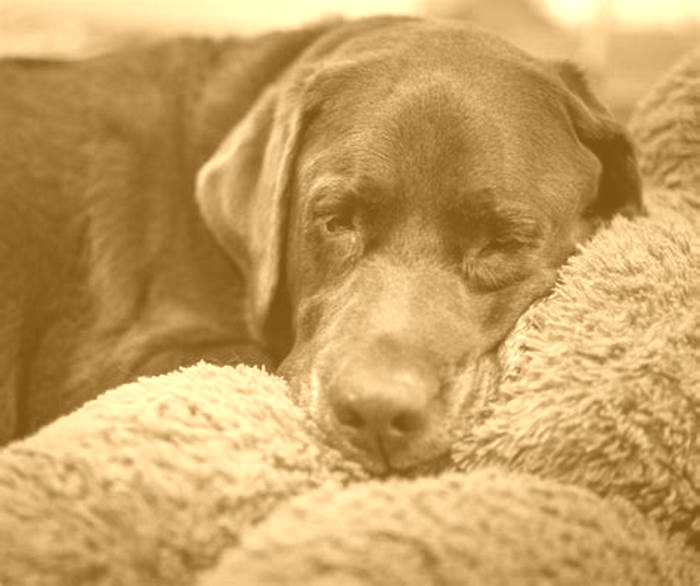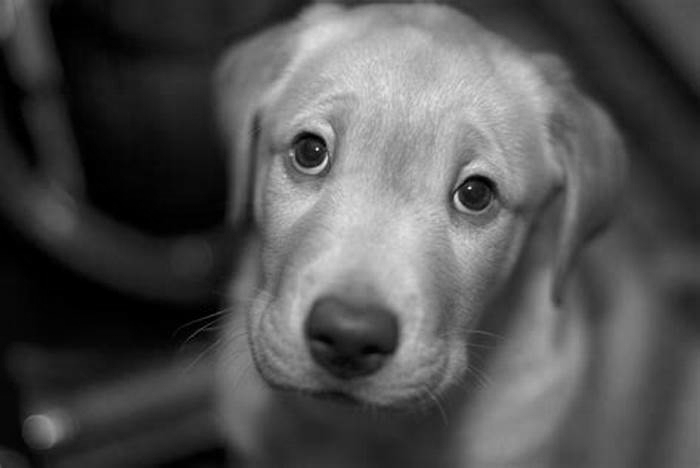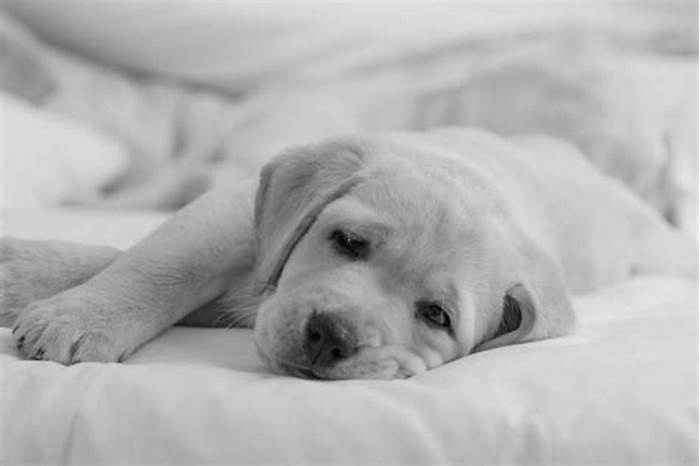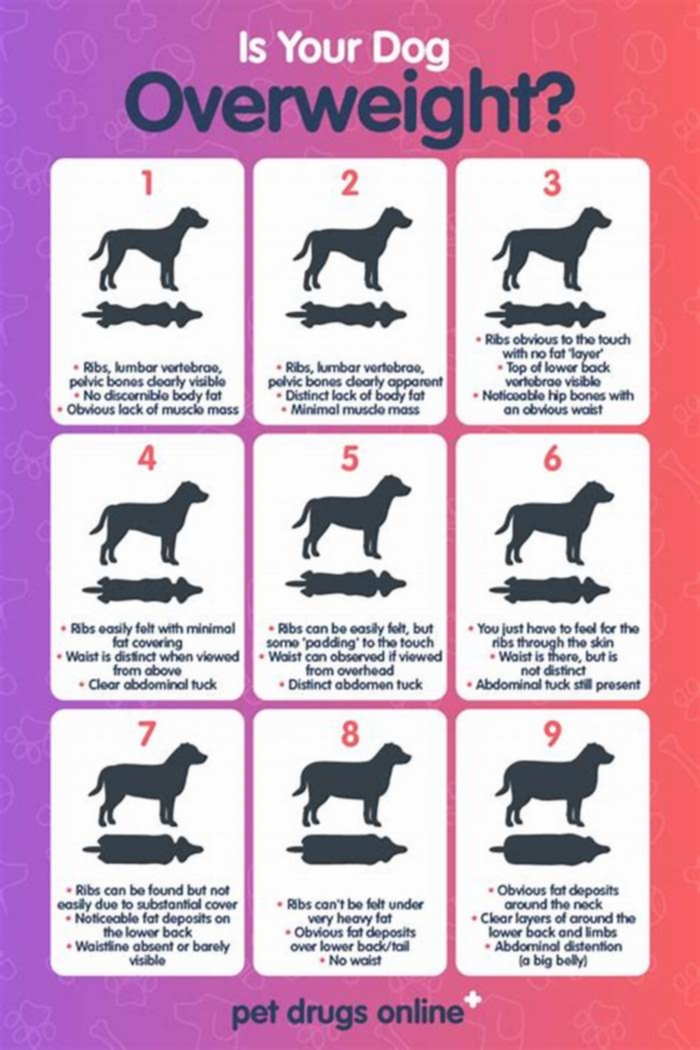How many hours do Labradors sleep
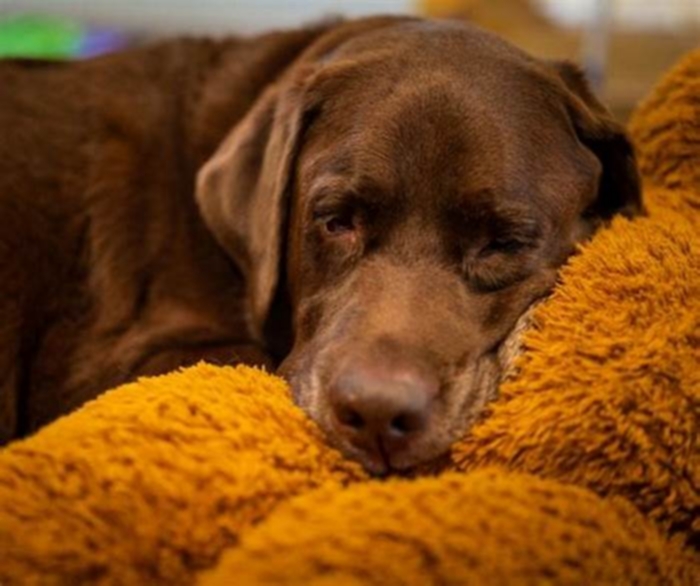
How Much do Labs Sleep in a Day?
How much do Labs sleep? Are you the proud new owner of a Labrador Retriever? Then welcome to the club! Youre in for an adventure! (Well, assuming that pile of snoozing pup lying next to you ever decides to wake up!) Come to think of it, youre probably wondering if its normal for your Lab to sleep as much as he does. Makes sensethese dogs do seem to sleep a lot!
So how much do Labs sleep in a day? Adult Labradors can be expected to sleep as much as 12-14 hours per day. Young puppies and senior Labs tend to sleep even longer, often around 18 hours each day.
So if your Lab is always snoozing the day away, then hes in good company! Even still, youll want to look out for red flags when it comes to your Labs sleeping patterns in order to avoid potential problems.
How Long do Labradors Sleep in a Day?
Age is a very important factor when it comes to how much sleep your Lab will need. Just like you, your pup will require different amounts of sleep at different stages of his life.
In the puppy stage, you shouldnt be surprised to see your Lab snoozing for a good 18-20 hours every day. This is especially true of puppies under four months of age. Like human babies, Lab puppies need a lot of sleep to grow up healthy and strong.
And hell need your help in getting all the sleep his little body requires! Your Lab puppy should always have easy access to a quiet, private place where he can go to catch some shut eye. A crate with some nice soft padding makes for a great sleeping environment. As does a cozy bed tucked away in a low-traffic corner.
As your Lab begins to enter his adult years, youll notice that hell start sleeping less. During this stage of his life, you can expect your Lab to sleep for around 12-14 hours each day. Which means a lot more fun and active awake time!
Senior Labradors, like puppies, also tend to sleep much longer than their adult counterparts. On the lower end, theyll need about 14-15 hours of sleep each day. But its not unusual for an elderly Lab to snooze for up to 20 hours.
Again, your Lab should have a quiet place where he can retreat for a snooze during all stages of life.
These sleep need estimates are just the basics. Other factors can also affect the amount of sleep your Lab needs.
For instance, if your pup is recovering from surgery or another illness, hes going to need more sleep than usual to help him get back on his feet. Pregnant Labs will also need a few extra hours of shut eye, especially during the early and final stages of their pregnancy.
When do Labradors Sleep?
Labradors are very flexible when it comes to sleeping. Unlike people who get all their sleep in at once, dogs can snooze on and off without repercussions.
Which means that if your dog is sleeping, you dont need to tip-toe around in fear of waking him.
(Course thats not to say you shouldnt let sleeping dogs liebecause you should! You dont want to purposely go waking your Lab up when hes snoozing.)
But if you do happen to make a sudden noise or the doorbell rings or the kids are shoutingdont worry too much about your sleeping Lab. Hell probably wake up to see what all the fuss is about and then go right back to sleep!
This is because dogs are adaptable. They can wake up throughout the day when things get exciting and then go right back to snoozing when life gets dull. It wont make them tired and grumpy like it would us!
In addition to sleeping on and off throughout the day, dogs will also mirror their owners sleep schedule. (Theres not much exciting going on when the rest of the household is snoozing, after all!) So you should expect your Lab to sleep through the night along with you.
If this is not the case and he seems to be constantly active at night, you should consider what might be causing his midnight wanderings. For instance, if hes still a puppy, he may be trying to adjust to sleeping all on his own. Or perhaps hes not getting enough exercise during the day to tire him out.
Normal and Abnormal Sleeping Habits in Labradors
So whats normal when it comes to a sleeping Labrador? And more importantly, what are the things to watch out for? Not sleeping through the night is definitely one reason for concern. But theres some other things you should look out for as well.
1. Circling and Digging
A Lab that circles and digs around his bed prior to settling in is to be expected. Their ancestors used to do this in the wild to get comfortable before taking a snooze.
However, when the circling becomes excessive, there may be cause for concern, as your pup could be suffering from arthritis or pain.
This is especially true if your dog seems to constantly have trouble setting in and getting comfortable. If you suspect arthritis or other issues, take a trip to your vet.
2. Twitching and Movement
A dog that twitches or makes noises in their sleep is also quite common. If you notice your Lab doing this, it means he has entered into REM sleep and is getting a good, deep rest.
Along with leg twitches, you may notice some occasional barks, grunts, or tail wagging. Your dog is probably dreaming and acting out his dreams. Its quite entertaining to watch, actually!
And thats about all you should do when you notice your Labs entered into his REM cycle: just watch! Petting him or otherwise waking him up is not recommended, as this stage of sleep is very important to good health.
While you typically shouldnt disturb a sleeping Lab, there are instances where you should definitely intervene
For instance, if your Lab is experiencing a seizure. Labradors, among a few other breeds, are particularly prone to having seizures. Most often they dont happen during sleep, but it is not unheard of.
Rather than the occasional twitches characteristic of a dreaming dog, a Lab experiencing a seizure will have violent movements. His limbs will be stiff and rigid, and he may urinate or defecate on himself. Hell also be much harder to awaken than a dreaming dog.
If you suspect your Lab is having a seizure in his sleep, say his name loudly or make a sudden noise to see if you can awaken him. If he doesnt seem to snap out of it, then sit next to him to make sure he doesnt fall or harm himself.
After the seizure has ended, calmly reassure him as hell be disoriented. And lastlythough it goes without sayinggive your vet a call.
Helping Your Labrador Get Better Sleep
There are a few different things you can do to help your Labrador get the most out of his sleep. These include:
- Ensuring he gets proper exercise during the day so he is tired enough to sleep at night.
- Making sure he has a proper bed that is comfy and inviting.
- Placing his bed in a quiet place away from the daily hustle and bustle.
- Only disrupting a REM cycle in cases of emergency.
If youre a first-time Lab owner, this may feel like a lot to take in. And Im sure your dogs sleeping habits are only the first of your worries.
But try not to become overwhelmed. After a few weeks with your new pup, youll get a feel for his habits, and youll be able to distinguish between normal and abnormal sleeping behaviors.
Of course if you ever have any concerns you can always call your vet. Otherwise, let your sleeping Lab lie! After all, who doesnt like getting a little bit of shut-eye?
Related Questions
Is my Labrador happy sleeping all day?No. Everyone enjoys a good napespecially if it involves soft blankets and a warm patch of sunshine. But Labrador Retrievers are also an active breed. They need lots of exercise in addition to good sleep. If you suspect your pup is just lazing around out of pure boredom, get him up and going! Hed definitely appreciate the opportunity to get out of the house and go on a nice long walk.
Does a Labrador only lie down to sleep?While people tend to lie down only when we plan to get some shut-eye, dogs enjoy lying around even if they arent sleeping. In fact, after the 50% of their day spent sleeping, Labs usually spend another 30% just lounging around awake. So a lying-around Lab is completely normal!
How Long Do Labradors Sleep? Get Deeper Insight
Before dogs became mans best friend, they were wild and roamed vast tracts of land, hunting, and grouping in packs to defend themselves.
While its true that most dog species have been domesticated now and are sweet, lovable creatures, they still have that instinct that made them such formidable creatures of the wild.
Their sleeping patterns, for example, are something they have never been able to shake.
You may have noticed that your dog has strange sleeping patterns, stranger than yours. While human beings develop what is known as monophasic sleeping (sleeping for long periods during the night), dogs have something called polyphasic sleep (sleeping in a scattered pattern during both day and night).
One of the main reasons dogs have this pattern is because, unlike man, they have excellent day and night vision. Which means they could hunt and travel at any time of day.
However, hunting at night gave them an advantage since they could use the cover of darkness to sneak up on their prey. As such, dogs developed a system whereby they could get as much sleep as possible but only in scattered patches day and night.
Have you ever noticed that your dog can wake up and be immediately ready for action? Unlike you, they dont need coffee to start functioning correctly again. They needed to do this to defend the pack.
However, how much is too much sleep? Is your Labrador sleeping too much? How can you tell? What could be the causes, and what can you do about it?
How Much Should Your Labrador Be Sleeping?
Those new to the world of dogs might not know how much dogs sleep in general. As such, it would be difficult to understand when your Labrador is sleeping too much.
Your dog typically sleeps 12 14 hours every 24 hours. This sleep is broken down into bits of 2 4-hour naps. While this number could vary slightly due to several factors, such as individual breeds and activity levels, its a reasonable estimate by which to live.
While those hours might sound like a lot to a human being, you must remember that dogs are only ever active for half the time they are awake. The rest of the time, they are resting.
If this sounds like what your dog does, then you have nothing to worry about. However, if your dog is sleeping significantly more than this, you might have cause for concern.
Why Is Your Labrador Sleeping Much More Now?
In general, a healthy dog in its prime will give you a good indication of its sleeping pattern. If, for some reason, you have noticed that this sleeping pattern has changed and your dog is sleeping a lot more now, there might be a problem that needs your attention.
Pinpointing the exact problem might require a visit to the vet. However, there are some common reasons why your lab might sleep more than usual.
Here are some reasons why your Labrador could be sleeping a lot more now:
1. His/her Age
For starters, sleeping up to 18 hours a day is perfectly normal if you have a puppy. Other dogs that are large in general (large dog breeds) and older dogs tend to sleep more than the standard 12-14 hours. Therefore, you have nothing to worry about if you have a puppy, a large dog breed, or an older dog.
2. The Breed of Your Dog
As already mentioned, larger dog breeds tend to sleep a bit more. It takes a bit more energy to lag their bodies around, and they get tired more.
Smaller dog breeds, on the other hand, take a lot longer to reach old age and will require less sleep in their lives. There are, however, some breeds that are known as lazy dogs:
- Greyhounds
- Chow
- Bassett Hound
- Saint Bernard
- Bullmastiff
These breeds tend to sleep a bit more and could spend up to 18 hours sleeping daily. So, if you have one of these, you may not need to worry too much about them sleeping.
However, Labradors dont fall into this category; if yours sleeps up to 18 hours a day, you may need to worry. The following reasons might be why they are sleeping too much.
3. Anxiety, Boredom, and Stress
Dogs tend to be like human beings in this aspect. When your Labrador goes through some psychological issues or stress and anxiety, it will tend to sleep more. When your dog becomes excessively lazy, there is a good chance that they are feeling anxious or stressed.
One of the best ways to combat this is to help the dog by putting it on an active routine full of activities that stimulate them. This way, you will enhance their physical and mental condition.
4. They Might Have Thyroxine Deficiency
Commonly known as hypothyroidism, this condition tends to affect older dogs. The disease affects the dogs metabolism; over time, the dog tends to appear unhealthy.
Even though this condition often affects older dogs, it can sometimes be found in much younger dogs, especially in breeds such as Labradors.
5. Your Dog Might Be Anemic
There are several reasons why your dog might have anemia or reduced blood. The most common reason is that it has some blood-sucking parasites within its body. These parasites might include:
- Roundworms
- Hookworms
- Whipworms
- Tapeworms
Another reason your dog might be sleeping too much: is they are not getting enough restful sleep. Even though your dog might seem asleep almost the whole time, they arent resting well.
The remedy here is simple a high-quality dog bed. That being said, its always a good idea to check with your vet to be sure what the cause might be so you can find the correct solution.
What to Do If Labrador Refuses to Sleep?
Some steps you can take at home can help your dogs sleep habits. Try using the following tips to help your dog get a good nights rest.
6 Simple Tips To Help Your Labrador Sleep Through the Night
1. Establish a predictable nighttime routine with your dog.It is essential to create a relaxed environment before bedtime. Offer toys, cuddle time, and other calming activities for 15-20 minutes before sleeping.
2. Ensure your dog is well exercised during the day so they are more likely to settle in for the night.Play fetch, walk around the block, or take them to the dog park to will help ensure they are tired and ready to sleep at night.
3. Try using melatonin as a natural sleep aid for your pup if they seem to be having trouble winding down at night.Melatonin can help their sleep and get them to settle in faster. Be sure to consult your veterinarian before giving your dog any supplements.
4. Make sure you have established healthy sleep habits yourself!Try going to bed at a reasonable hour and stick to it! Dogs are sensitive to their owners behaviors, so if youre up late watching TV or playing video games, your pup may stay up too.
5. Be consistent and limit the amount of water your pup drinks before bed.Drinking too much can lead to frequent potty breaks in the middle of the night, so make sure theyve gone out one last time before you hit the hay.
6. Try to avoid too much activity before bed.A game of fetch or tug-of-war can increase energy levels and make it harder for them to settle down. So, if youre looking for some last-minute fun before lights out, go for a quick walk around the house instead!
By following these tips and continuing to provide your pup with love and attention, you can help create an environment where they feel safe, secure, and ready for a good nights sleep. Sweet dreams!

